At the start of 2016, I had all my creative projects for the year planned out. So far I’ve done zero of those planned projects. But instead I’ve done 11 Creative Projects that I never intended to do this year. Here they are in date order (older to most recent):
11. My short story Soulmates
I published my short story Soulmates. In Soulmates Robert and Lucas keep missing each other. In fact, they’ve never met. That is until a disembodied spirit assigns himself Robert’s case. Can this spirit create the perfect opportunity for these two potential Soulmates to finally meet? And if they do meet, how will it go?
Here is an except from Soulmates:
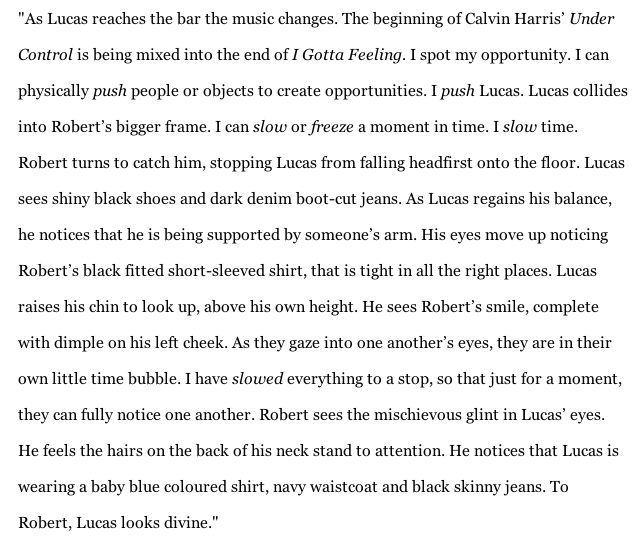
10. My Tale of Overcoming Adversity
I told my tale of overcoming adversity. This was a post I’d wanted to write for a long time. And when I say a long time, I mean at least over the last few years.
9. Five Wise Quotes from Albus Dumbledore
I put together 5 Wise Quotes from Albus Dumbledore:





8. A Series of Blog Posts about Creative Writing
I wrote and published a Series of Blog Posts on Creative Writing, see: Beginning, Middle & End.
7. This Mother’s Appreciation Day Poem:
6. A Series of Blog Posts on Inspirational Quotes
I collated and presented in image format Inspirational Quotes on Gay People, Love, Self-Love, Friendship, Life and some quotes from yours truly.
5. A Mind Map: What Makes A Good Nurse?
I wrote a blog post entitled Mind Map: What Makes A Good Nurse? with this mind map:
4. The History of the National Health Service (NHS)
I wrote this article on The History of the National History Service:
3. Fifteen Lies That Depression Would Have You Believe
I thought about when my depression was really bad. I decided to write this blog post: 15 Lies That Depression Would Have You Believe. Here’s the blog post:
Here are 15 lies that depression would have you believe:
15. That it is bigger than you.
It’s not. It just makes you think this so that it can keep in control of you.14. That it would be better if you never left your bed/room/house again.
It wouldn’t. You have so much to offer the world and you would miss out on so much if you never moved again. On days you feel like this practice self-compassion. Be kind but firm with yourself. Set yourself a small achievable goal. Force yourself into action to achieve this goal. Achieving a goal, no matter how small the goal is, will help you to feel better.13. That you’re a failure.
Firstly you can’t be a failure. Failure only comes by attempting to do or achieve things. Failure is no bad thing – you learn more through failure than you do success. Don’t believe me? watch this TED video where J.K. Rowling talks about the benefits of failure.Depression likes to magnify experiences in your mind. It focuses on only the negative aspects of an experience. Most experiences are a mix of positives and negatives. Try to put experiences into perspective. Examine the positives. Try to practice balanced thinking and self-compassion.
12. That you’ll never laugh again.
You will and often. People can and do recover from depression. Feeling okay doesn’t mean that you’re in recovery, starting to feel good again does. If you’re just feeling okay, go back and see your GP.In recovery you will start to experience a number of long lost emotions such as happiness, joy and elation. When you do, greet them as old friends and experience them fully.
11. That being physically, mentally and emotionally exhausted is a normal state of being.
It isn’t. You might be sleeping for 18 hours and wake up still exhausted or you might be suffering with insomnia. But people usually have a stable amount of energy throughout the day and should sleep for a recommended 8 hours.Depression is physically, mentally and emotionally exhausting, but if you go to your GP and get the right treatment (see my blog post on treatment options for more details) things will improve.
10. That you’re pathetic. That you have no right to feel the way you do. That you are a disappointment to all that know you.
Shame and guilt are two emotions that depression uses to try and control you. Let go of any shame and guilt you feel. Accept how you feel now and know that it is temporary, almost fleeting compared with you life. Be confident knowing that how you feel now will change with the passage of time.9. That the physical, mental and emotional pain you feel is all that there is.
There’s more to life pain. There’s care, love, happiness, joy and so much more. Just hold on. You have experienced the more-than-pain emotions before and you will again.8. That you can’t do anything right or well enough.
My mum has lots of wisdom. She once said that all anyone can ask is that you try your best. Remember these words.Remember that depression likes to magnify failures and things that didn’t go as well as you hoped. On days when you feel like this, practice self-compassion, use balanced thinking and try to put things into perspective. What where your intentions? Did you kill anybody? No? Well then, it’s not the end of the world.
7. That you are worthless.
You are unique. There has never been anyone exactly the same as you and there never will be. You are priceless and beyond value measures. Don’t listen to this lie, instead remind yourself that you are special and remind yourself what makes you, you.6. That you’re going mad, mental or loosing your mind.
No you’re not. Your brain is just overwhelmed with cortisol – the stress hormone at the moment. Take a break and stop doing anything that you don’t need to. Practice relaxation techniques and be kind to yourself.Remember that among the great and the good are people who’ve experienced depression. Even at the height of their success.
5. That everything is too much effort. That just getting up and out of bed is too exhausting.
Set yourself a small goal each day and try your best to achieve it. The goal might be as tiny as having a bath, calling someone for a quick chat, changing your bedding or going for a short walk.Despite how you feel, get yourself to your GP and get treatment. If this seems too ginormous of a task, break it up into smaller steps. Ask family members or friends to help you to do this.
4. That your soul or higher self is being destroyed.
Your soul or higher self has survived several lifetimes and the accompanying reincarnation processes. It can and will survive depression. Depression is tiny and insignificant in comparison to the challenges your soul or higher self has already experienced.3. That everything is hopeless.
You may feel this way, but it is not and will never be hopeless. According to The Royal College of Psychiatrists people can and do fully recover from depression.2. That life isn’t worth living.
Here’s a plea from the heart: darling you might feel this way now, but how you feel will change. If you are feeling suicidal please visit your nearest A&E Department for crisis support.1. That you’ll never be happy again.
You will. It will just take the right treatment and time.
2. A List of Famous People with Dyspraxia, Dyslexia and/or Dyscalculia
Following on from my tale of overcoming adversity, I came up with the idea of doing A List of Famous People with Dyspraxia, Dyslexia and/or Dyscalculia, which I did.
1. The difference between a House and a Home
Home has always been really important to me. But I noticed that people tend to use the word house and home interchangeably. So I wrote a blog post about The difference between a House and a Home.
My creative output has dramatically increased. Which is brilliant, especially considering how exceptionally busy 2016 has turned out to be so far. I’m already working on the next creative project, which I hope to share with you soon.
Take care,
Antony


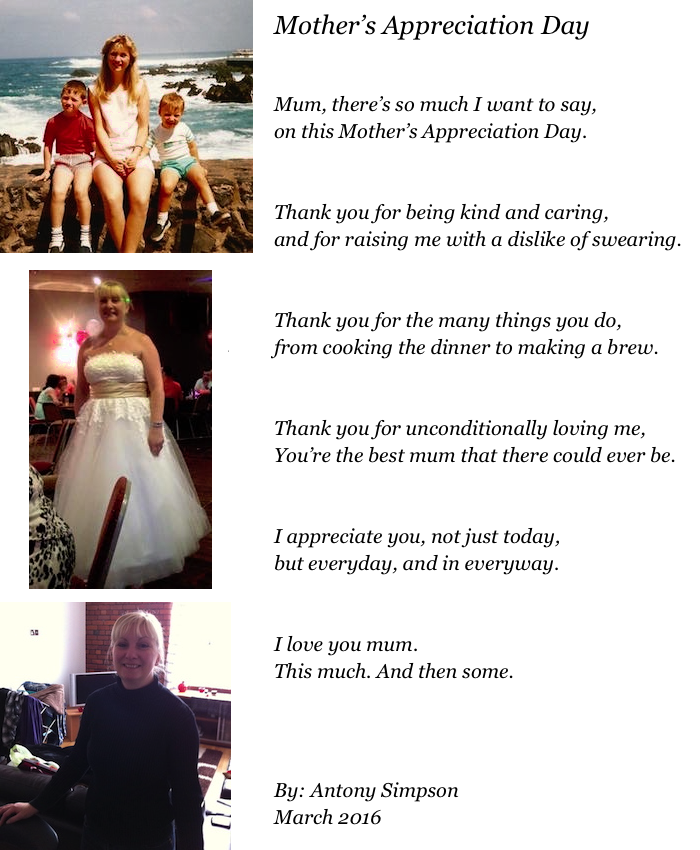
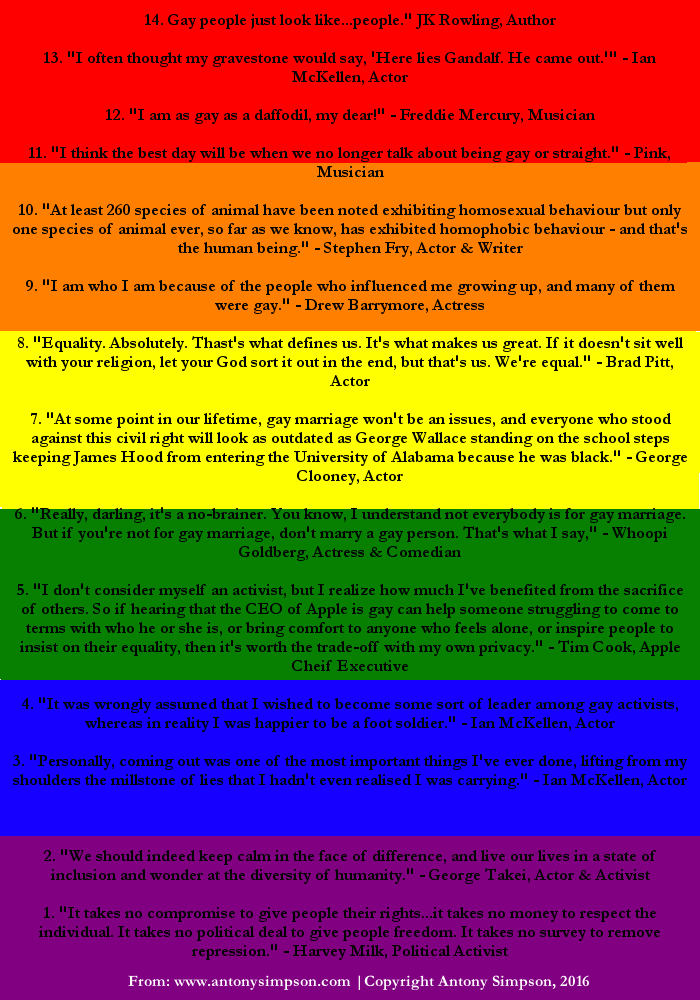
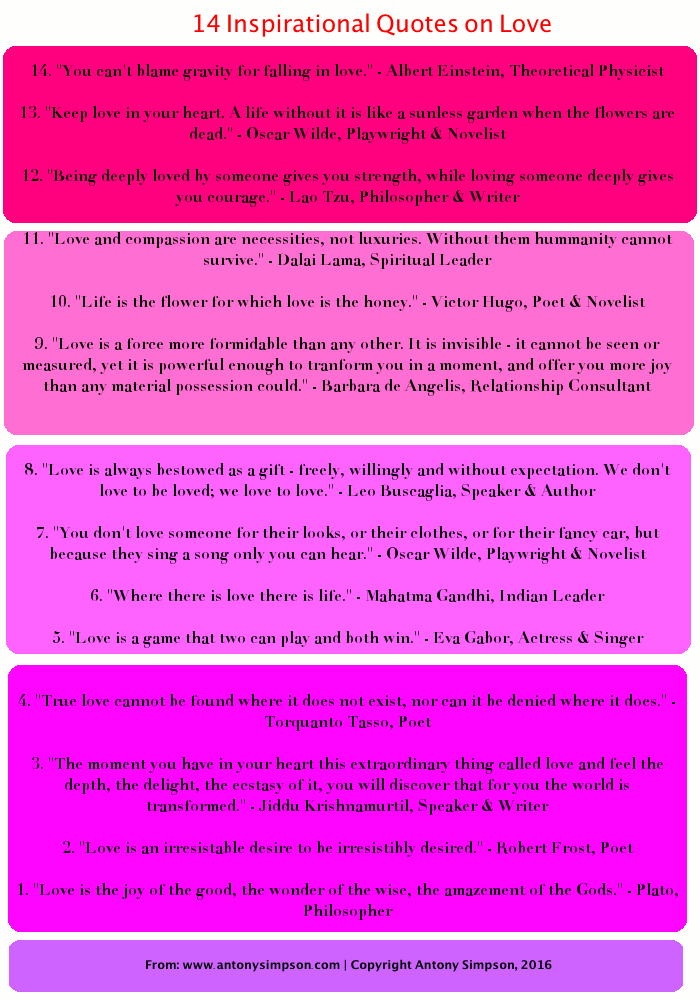
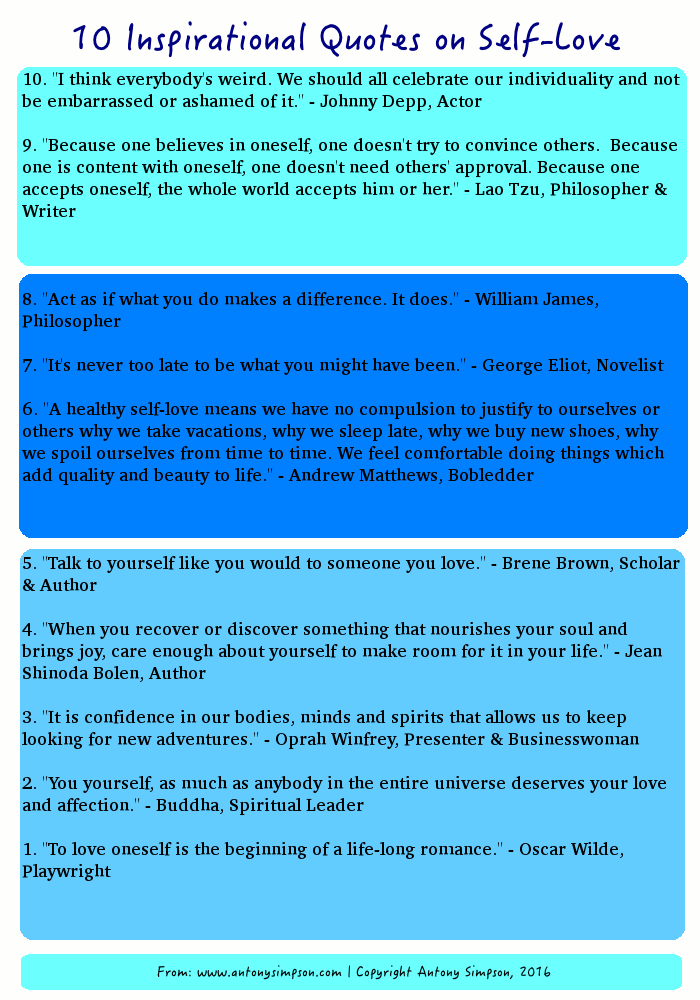
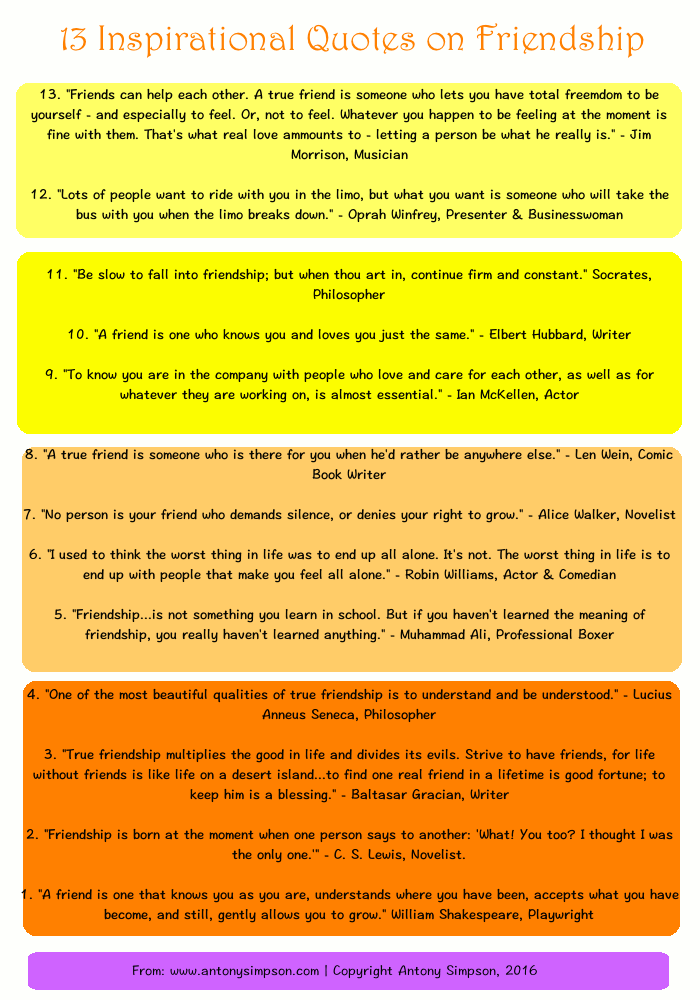
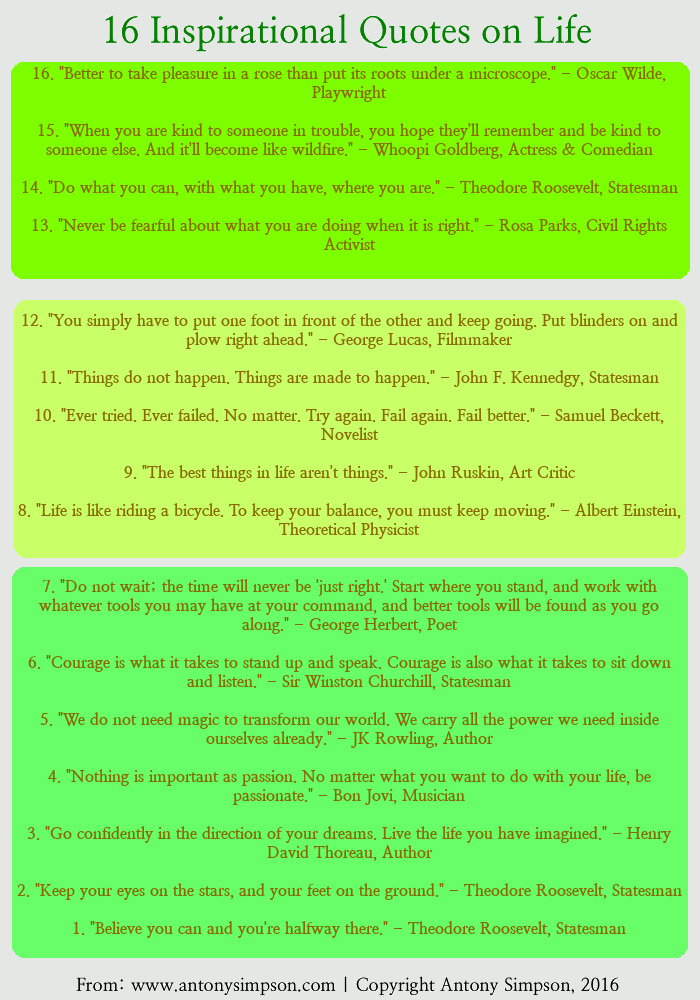
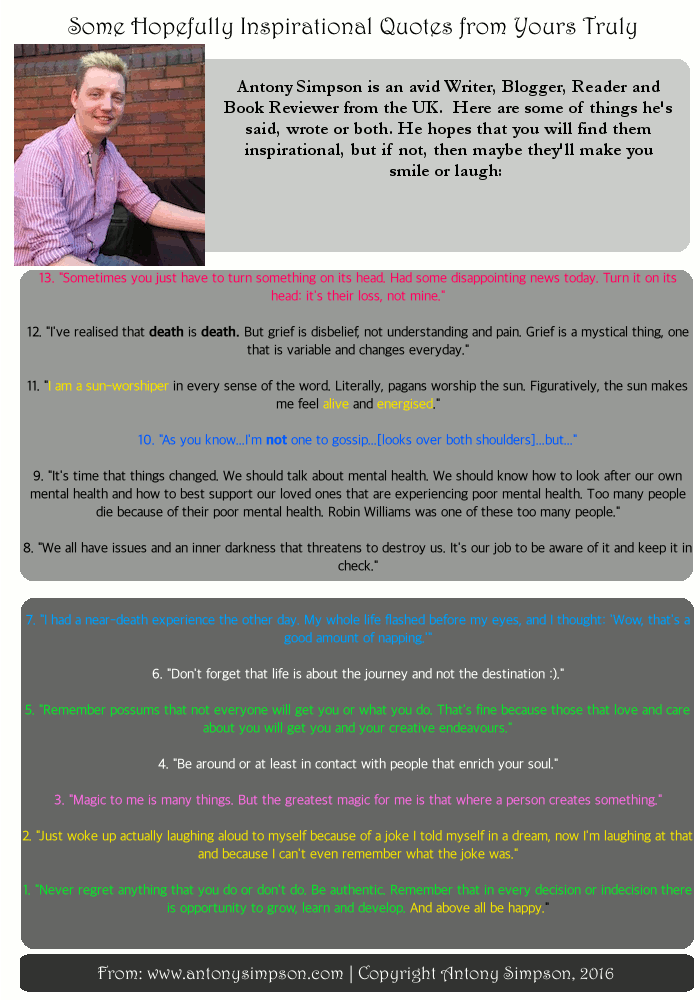
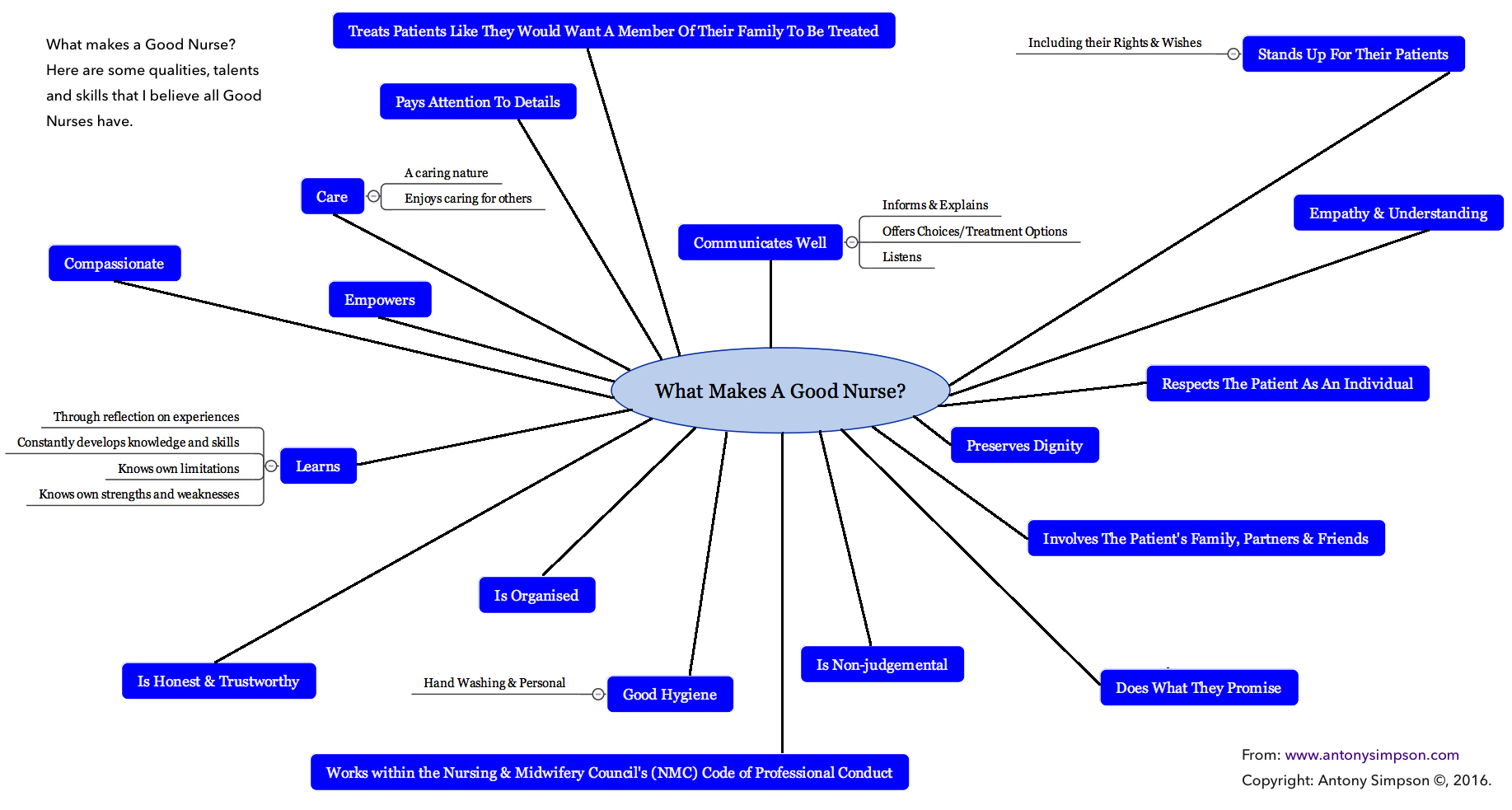

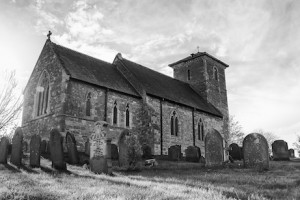



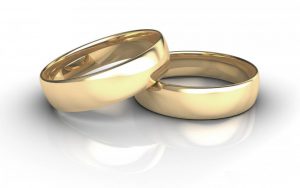


A great introductory article on candle magic :)
Hi Sofia, Thanks for the comment. I bought that in Glastonbury and he was a real find. I bought him…
Hi! I know this was posted ages ago and so a response may be rare but my dad has been…
Hi Ruth, Thanks for the comment. He might well have been. A x
Hi! Watching video and interviews with Charlie Watt, it had me wondering if he might have had Aspergers/ been on…